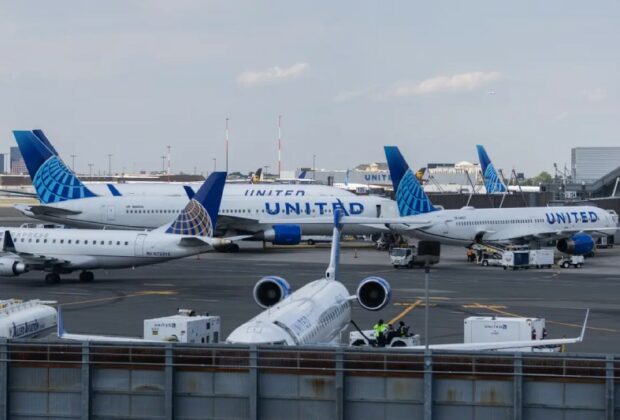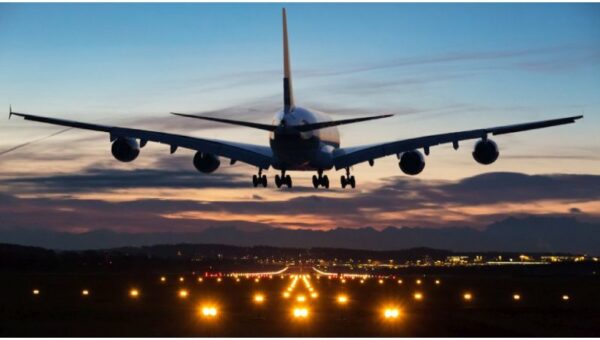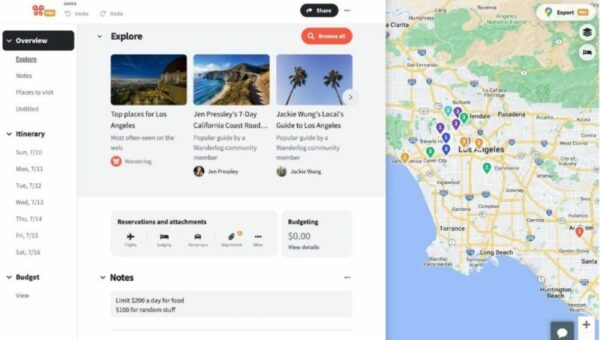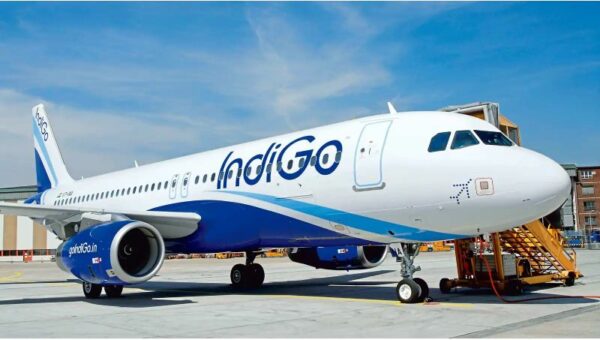On Tuesday, a U.S. Senate panel said that it was intensifying its inquiry into the yearly airline costs worth billions of dollars for baggage, seat preference, ticket modifications, and other services. The panel is requesting answers from the airlines by the end of the month.
The Permanent Subcommittee on Investigations’ Democratic chairman, Senator Richard Blumenthal, initially wrote the CEOs of American Airlines, United Airlines, Delta Air Lines, Spirit Airlines, and Frontier Airlines in November to request information.
Blumenthal stated in his correspondence that the scant replies from the airlines thus far “raise serious questions” regarding their cooperation willingness. He insisted that by April 2nd, airlines turn in the unrequested records and information, failing which the committee will “consider alternate means to obtain information needed to conduct its inquiry.”
The airlines either did not respond to the letter or declined to reply.
Blumenthal pointed out that the combined revenue from luggage fees for the major US airlines climbed from $4.9 billion to $6.8 billion between 2018 and 2022. He referenced research from a travel consulting firm that revealed eight of the top US airlines would earn an estimated $4.2 billion in seat selection fees in 2022.
For the first time in four years, United, American Airlines, and JetBlue Airways all increased the cost of checked baggage for passengers flying inside North America last month.
In addition, the committee requests before the end of next month the transcription of conversations with top airline executives for fees.
The U.S. Transportation Department (USDOT) suggested in September 2022 mandating airlines to reveal baggage, ticket modification, and family seating costs at the moment an airfare is posted.
Last year, the USDOT suggested mandating that when an airfare is first advertised, airlines must provide information on luggage, ticket changes, and family seating surcharges. In 2021, it also put up regulations requiring airlines to reimburse passengers for bags that are noticeably delayed and for services like onboard Wi-Fi that malfunction.
In 2018, airline CEOs pushed Congress to abandon a bipartisan bill that would have required “reasonable and proportional” luggage and change fees.








